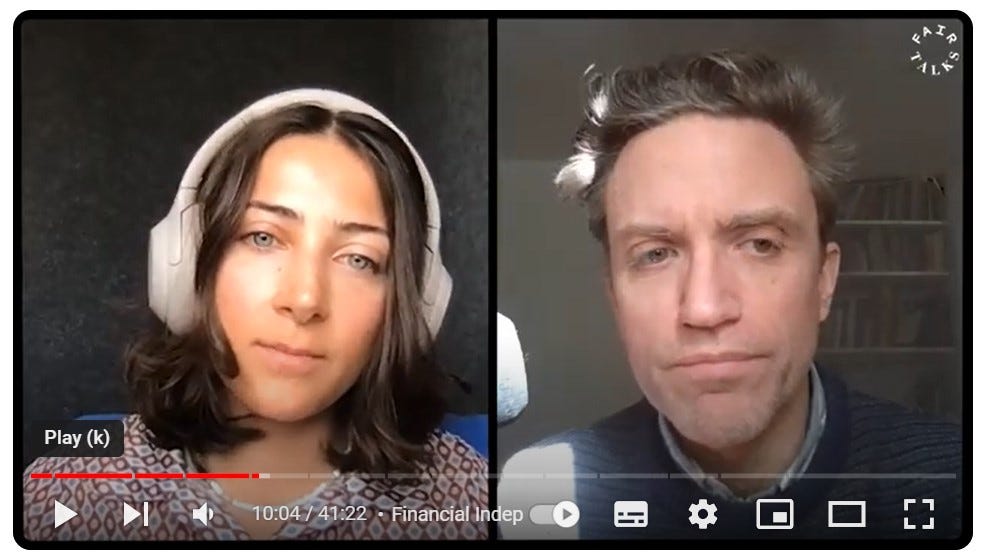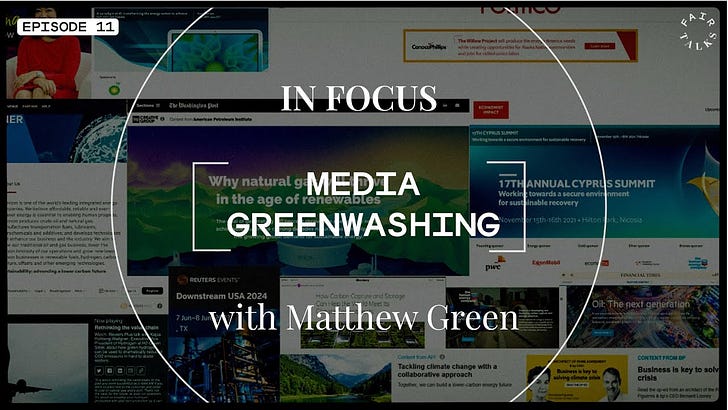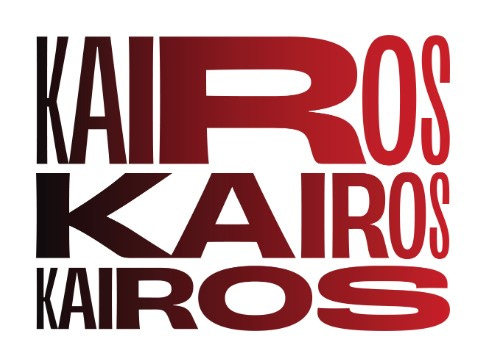Big Oil and the Media (Podcast)
Processing more of my Reuters climate karma courtesy of Fair Planet's Nour Ghantous.
If you liked reading this, feel free to click the ❤️ button on this post so more people can discover it on Substack 🙏
Resonant World now has more than 1,100 subscribers in countries from the United States and Australia, to South Africa and Colombia. Of these, 41 are paying supporters — to whom I’m profoundly grateful. This newsletter serves the global movement working to heal individual, inter-generational and collective trauma, and your support makes it sustainable.
Resonant World #80
I loved recording the above podcast with Fair Planet’s Nour Ghantous.
We discussed a story I published in November with Amy Westervelt and Joey Grostern on the scale of commercial deals between fossil fuel companies and the media. (Resonant World#58: 50 Reasons Why Reuters Should Stop Working for the Fossil Fuel Industry).
Speaking publicly about this report felt like another important step in the process of integrating my experience as a climate correspondent at Reuters — a job I’d hoped would have been an opportunity to make a positive impact, but which ended up providing an abject lesson in the kind of institutional shadows that make the crisis so hard to solve.
Nour and I discussed the genesis of the story, which grew out of a Resonant World post last June about the tension between Reuters’ professed commitment to impartiality, and its decision to host Houston trade shows designed to remove the “pain points” holding back faster production of oil and gas. (Resonant World#55:Processing My Reuters Climate Karma).

And we discussed the psychological mechanism of disavowal — which allows us to keep acting in contrary ways to known facts. I think this concept helps to explain why the senior leadership at Reuters and other media companies don’t seem concerned about the contradictions inherent in making propaganda for oil companies in an era when wildfire smoke is literally drifting through their office windows. (Resonant World#62: Yannick Bolloré: A Case Study in Corporate Climate Disavowal).
Nour was a wonderful interviewer, and it was a powerful experience for me to have an opportunity to speak publicly about questions that have been working deeply in me ever since I wrote that initial post, and the subsequent DeSmog-Drilled story.
As we discuss in the podcast, there’s a dilemma over how much energy we devote to attempting to reform the old system, rather than building the new. (Resonant World#35: Should I Stay, or Should I Go?).
I’m in favour of the latter, which is why I’ll be speaking at Kairos in London tonight on the theme of “A New Media System to Heal our Collective Trauma.”
I’ll be synthesising what I’ve learned about integrating inter-generational and collective trauma over the past few years of immersive study with Thomas Hübl and team, with a vision for the media organisations we’ll need in the near future — with plenty of time for discussion. (Resonant World #8: Building the Quantum Newsroom).(Resonant World #73: Building a Media System to Heal Collective Trauma. Who’s in?)
Tickets and details here.
If you’re in town, it would be great to see you there.
A labour of love, Resonant World is written in the gaps between work I get paid to do, notably editing investigations at nonprofit climate news service DeSmog. It’s a huge boost when people become paid subscribers, and support of any amount affirms that my mission to support the global community of practitioners engaged in supporting people to integrate individual, inter-generational and collective trauma has value. Thank you!






Very powerful thanks Matthew